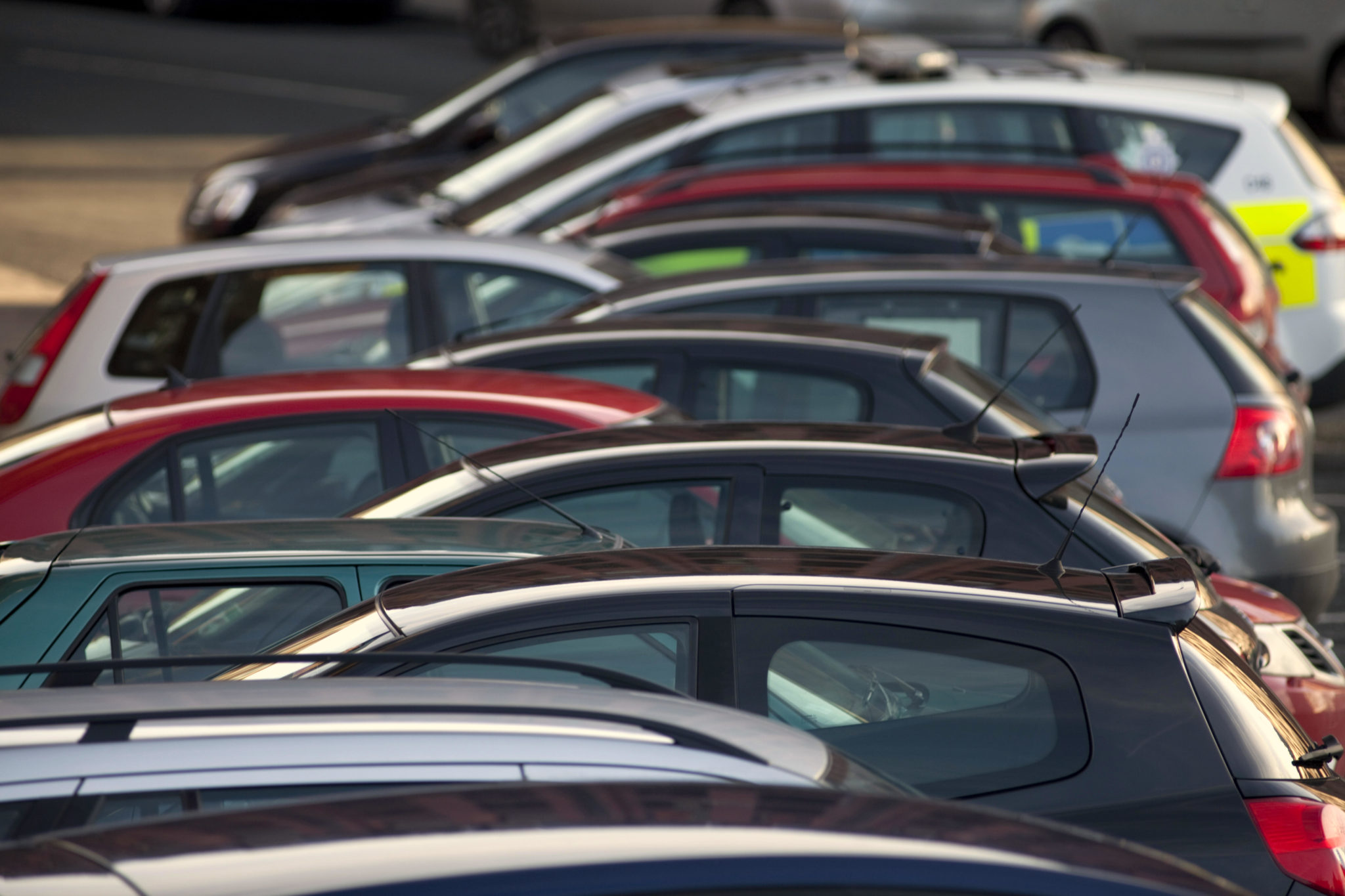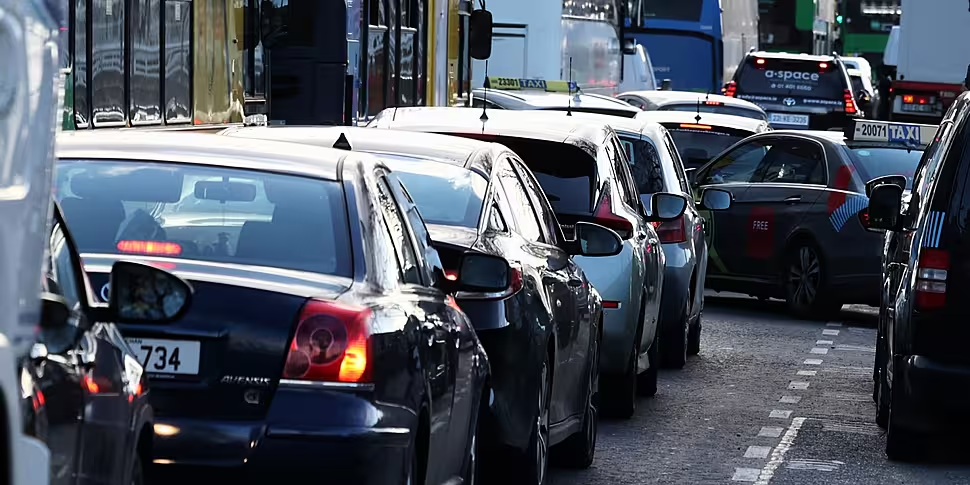People who drive larger cars with higher emissions could be hit with a higher motor tax as part of proposals from the Climate Change Advisory Council.
In its annual report, the group made a number of recommendations to encourage people out of their cars.
It says higher taxes and parking levies should be examined to get more people to use public transport.
Climate Change Advisory Council Chair Marie Donnelly told Newstalk Breakfast transport will be one of the most difficult sectors to reduce emissions.
"We've recommended to Government a number of things - the first measure we're really very keen [on is] that they increase the capacity of decarbonised public transport, ensuring that it is accessible and efficient and reliable," she said.
"Part of that is supporting people in their choice to use public transport.
"We already have, for example, the Taxsaver commuter ticket and the Bike to Work scheme.
"Maybe we need to look at them, enhance them in the budget and support people in making the choice to use these options of active travel".
'Equitable' tax system
Ms Donnelly said an overhaul of the motor tax system is a logical step.
"The motor tax system should reflect both the carbon content of the vehicle and the carbon emissions from the vehicle," she said.
"That, of course, will mean that the larger - mainly SUVs - would be hit by a higher motor tax.
"It seems equitable that the more carbon that you emit, then the higher the taxation that you should pay.
"Smaller cars, emitting smaller amounts, would pay a lower motor tax."
 Cars at a retail park in January 2011. Picture by: Steve Morgan / Alamy Stock Photo
Cars at a retail park in January 2011. Picture by: Steve Morgan / Alamy Stock PhotoMs Donnelly said working from home one to two days a week can also help to reduce emissions.
"There is also the issue of congestion in our cities and large towns, and that's where the parking issue comes in," she said.
"If you're able to drive in the office and park your car five days a week free of charge...it's an incentive to use your car rather than public transport, and that's very real perk to your job.
"Back as far as 2008, the Finance Act introduced a levy for parking like that - it was never implemented, and we're calling on the Government to actually implement that."
Ms Donnelly said it is not a one solution fits all.
"What we're basically saying to people is look at your own situation: what is it that you can change in your own transport style that will reduce emissions.
"Commuting one day a week less, that's a contribution to reducing emissions - maybe as the kids get bigger you don't need the SUV because you don't need the car seats?" she added.









